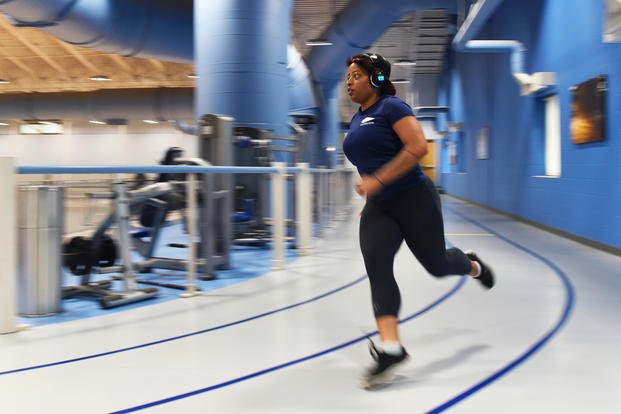Some rush headfirst into challenging programs without much thought as to what they are really getting into. Some actually consider the unknown and look for guidance.
Here is an email from an athlete curious about training for the Army Special Forces, trying to balance the line between pushing harder physically and relying on mental toughness to get him through.
Hey, Stew,
I'm just beginning to read your Military.com Army SF articles. I appreciate having them available to those of us wanting to serve. I'm not a trained athlete, although I'm athletic. My brother insists that I'm athletic enough to join now, and that from here on out, it's basically a mental game.
However, I really want to take the time to prepare physically for this, because I want to maximize my chance for success. Anyway, to keep this story short, I was wondering if you can give me an understanding of the time frame I should be considering for training. Anthony
Being athletic and being is shape to handle SF training are two different things. You do not even have to be an athlete to be in great physical condition, although it helps. Being athletic really has little to do with completing these courses.
You are right. You will need to rely on mental toughness, but having a specific foundation of what you are asking your body to endure is very important. Being a smart, mature team player who is capable of working well with others is important for your future job wish list.
This is what the selection process finds out about you quickly. Being in above-average shape makes performing these skills easier.
You will need to be running and rucking hard and progressing so you build up a solid base of 30-plus miles a week at a good pace. Many who do very well at selection/qualification courses are capable of running six miles at a seven-minute mile pace. Some run faster.
Rucking also needs to be learned and progressed into a running plan, preferably a few times a week over several months. Building strength in your legs, back and upper body will be critical to your success. To be safe, give yourself a good year to prepare for SF training. Being in above-average physical condition allows for you not to have to rely on your mental toughness all the time.
See this for Army training: Army Special Forces -- specifically this one: Army SF Training
Running and Rucking Preparation
If you do not have a solid foundation of running and rucking, SF training likely will crush your body and soul if you think you are ready for training. You have to know you are ready for training so give yourself some time to train.
Enjoy the ride.
Stew Smith is a former Navy SEAL and fitness author certified as a Strength and Conditioning Specialist (CSCS) with the National Strength and Conditioning Association. Visit his Fitness eBook store if you’re looking to start a workout program to create a healthy lifestyle. Send your fitness questions to stew@stewsmith.com.
Want to Learn More About Military Life?
Whether you're thinking of joining the military, looking for fitness and basic training tips, or keeping up with military life and benefits, Military.com has you covered. Subscribe to Military.com to have military news, updates and resources delivered directly to your inbox.



















